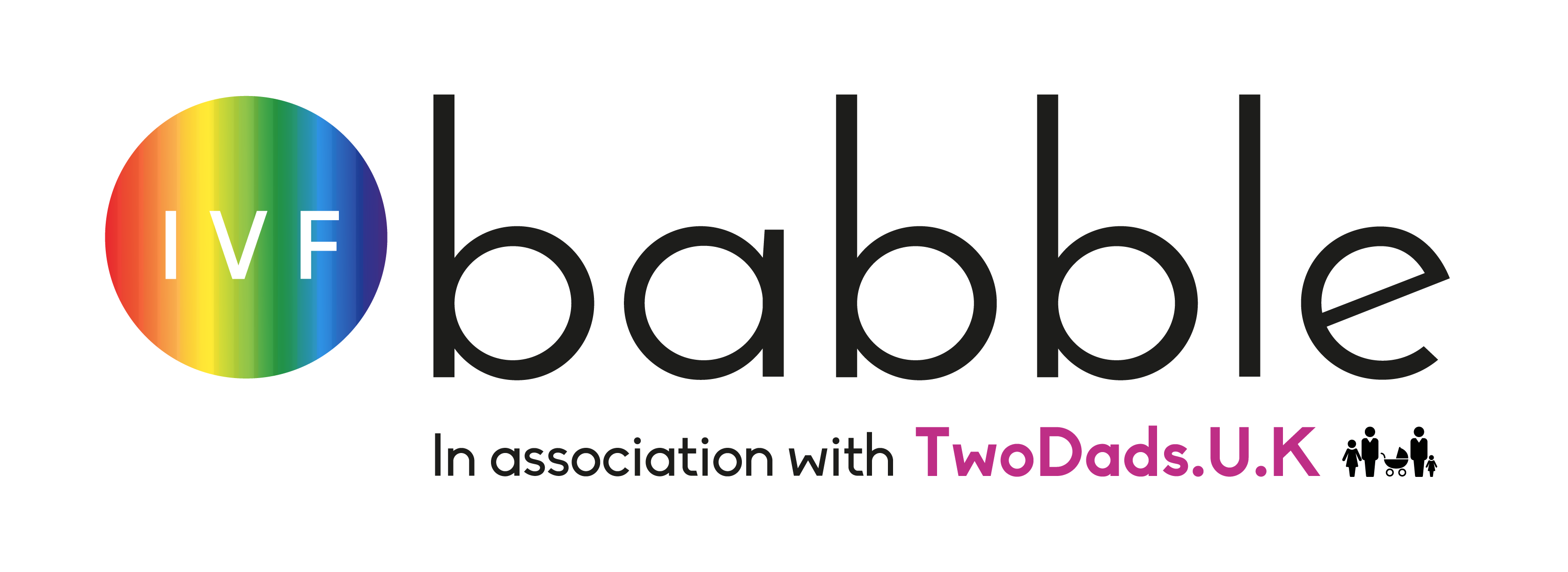Olympic swimming sensation Ian Thorpe has revealed he and his partner, Ryan Channing are going to be parents
The couple, who have been together since 2015, have said they have been talking about it or some time and Ryan, 28, was spotted visiting a Beverly Hills fertility clinic last week.
The five-time Olympic swimming champion told Daily Mail Australia that it is early days for their surrogacy journey.
He said: “We’re talking about it and have been for a while, but it’s still early days.”
The couple said they had chosen the US, in particular, California, due to the progressive surrogacy laws in the country and state.
Ryan, a model and entrepreneur, reportedly spent an hour at the Southern California Reproductive Clinic, which claims to one of the most highly respected in the world.
It specialises in surrogacy, embryology and IVF treatment.
Ian, 36, spoke to Women’s Day in 2017 about his desire to be a parent.
“I’ve always wanted to have a family – a family of my own,” he said. “I’ve loved being an uncle and I would love to be a father as well.”
California, where surrogates are in high demand, is accepting of surrogacy agreements and is a popular choice for people wishing to go down the surrogacy route in the US.
The average cost of surrogacy in the US can range from $50,000 to $150,000 depending on individual arrangements.
We spoke to the team at US Center For Surrogate Parenting about the California surrogacy laws.
Karen Synesiou said: “California Family Code 7962 is legislation that codifies surrogacy laws in CA. In addition to this legislation, California also has extremely strong and pro-surrogacy case law.
“The current case law essentially provides that whoever intended to create the child must be recognized as the parent of the child regardless of biology. In California, it is irrelevant as to who is biologically related to the child, what is relevant is who intended to create that child.”
Some of the provisions of Family Code 7962 are:
- Require that intended parents and a surrogate be represented by separate legal counsel.
- Require notarization of assisted reproduction agreements for the surrogate mother.
- Require execution of an agreement prior to embryo transplantation or administration of medications used in assisted reproduction.
- Permit intended parents to establish parentage prior to the child’s birth, resulting in the Intended Parents names showing on the original birth certificate.
- Seal records of the agreement to all parties except the intended parents, surrogate, their attorneys and the state Department of Social Services.
On both a legislative and case law basis, surrogacy laws in California are the most pro-surrogacy laws in the country.
Becky Morgan, from the Center for Surrogate Parenting, said in the US surrogacy law varies depending where you live and the circumstance of the surrogacy.
She said: “Laws vary between states, even within counties and can be dependent on many factors such as whether donor’s are being used; whether the parents are married, un-married or single and whether they are same-sex or heterosexual.
“In California, Intended Parents can be declared the legal parents in a pre-birth order regardless of sexuality, marital status or genetic relation to the child. Compare this to New York where compensated surrogacy contracts are illegal.
“Uncompensated Gestational Surrogacy contracts are not prohibited but are also unenforceable.
“A surrogate who gives birth in the state of New York is defined as the ‘Birth Mother’ and has preferred parental status even above the genetically related Intended Parents. Similar to the UK where Surrogacy agreements are not legally recognised and the Surrogate and her spouse are the legal parents at birth, despite no genetic link.”
To find out more about the Center for Surrogate Parenting, click here
Have you had a surrogacy journey in the US? We’d love to hear your story, email mystoryivfbabble.com





